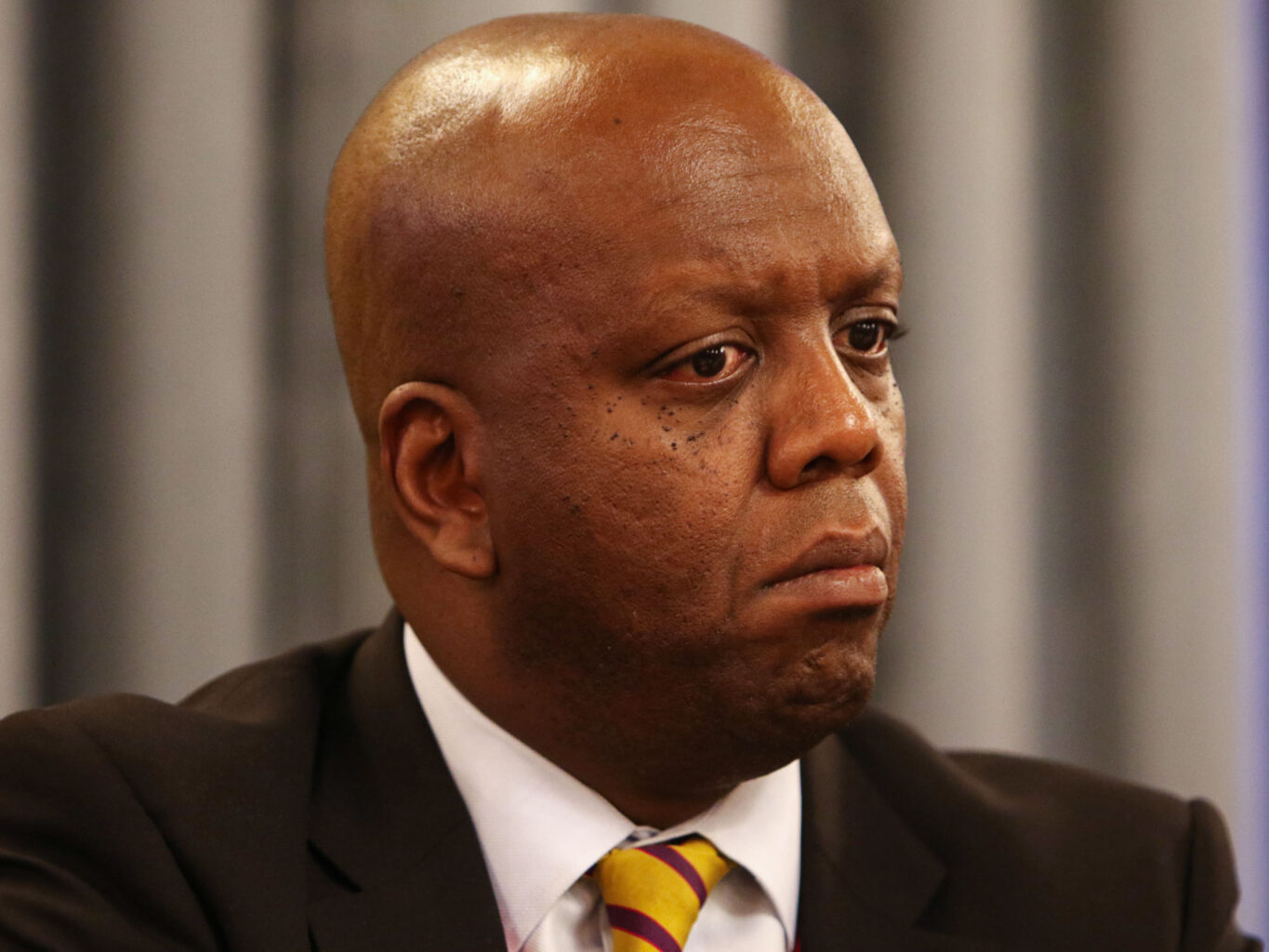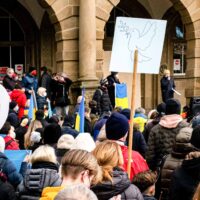Speech by Kenyan Ambassador to the UN Martin Kimani on February 21 at the urgent meeting of the UN Security Council on Ukraine.
Mr. President, Kenya, like almost every African country, was born at the end of an empire. Our borders were not ours. They were drawn by the distant colonial metropolises in London, Paris, and Lisbon – without any thought of the ancient nations that forced them apart. Today, our compatriots live on both sides of every border of every single African country, bound by deep historical, cultural, and linguistic ties.
If, when independence came, we had strived for the unity of ethnicity, race, and religion in our states, we would still be fighting bloody wars, even now, many decades later.
Instead, we have agreed to come to terms with the boundaries we have inherited. And yet we are still pursuing political, economic, and legal integration on the continent. Instead of forming nations that forever look back on history with dangerous nostalgia, we look resolutely ahead – to a greatness that none of our many nations and peoples has ever known.

We have decided to follow the rules of the Organization of African Unity and the Charter of the United Nations. Not because we are satisfied with our borders, but because together we strive for something greater that has been forged in peace. In all states that formed after the collapse or withdrawal of empires, there are people who long for union with people in neighboring states. This is normal, and it is understandable. Who doesn’t want to be united with their brothers and pursue common goals with them? But Kenya rejects this longing for violence. We must turn away from the embers of dead empires without falling back into new forms of domination and oppression.
We have rejected irredentism and expansionism, no matter on what basis, be it that of race, ethnicity, religion, or culture. We reject it even today.
Cover Photo View to Nairobi, Kenya





